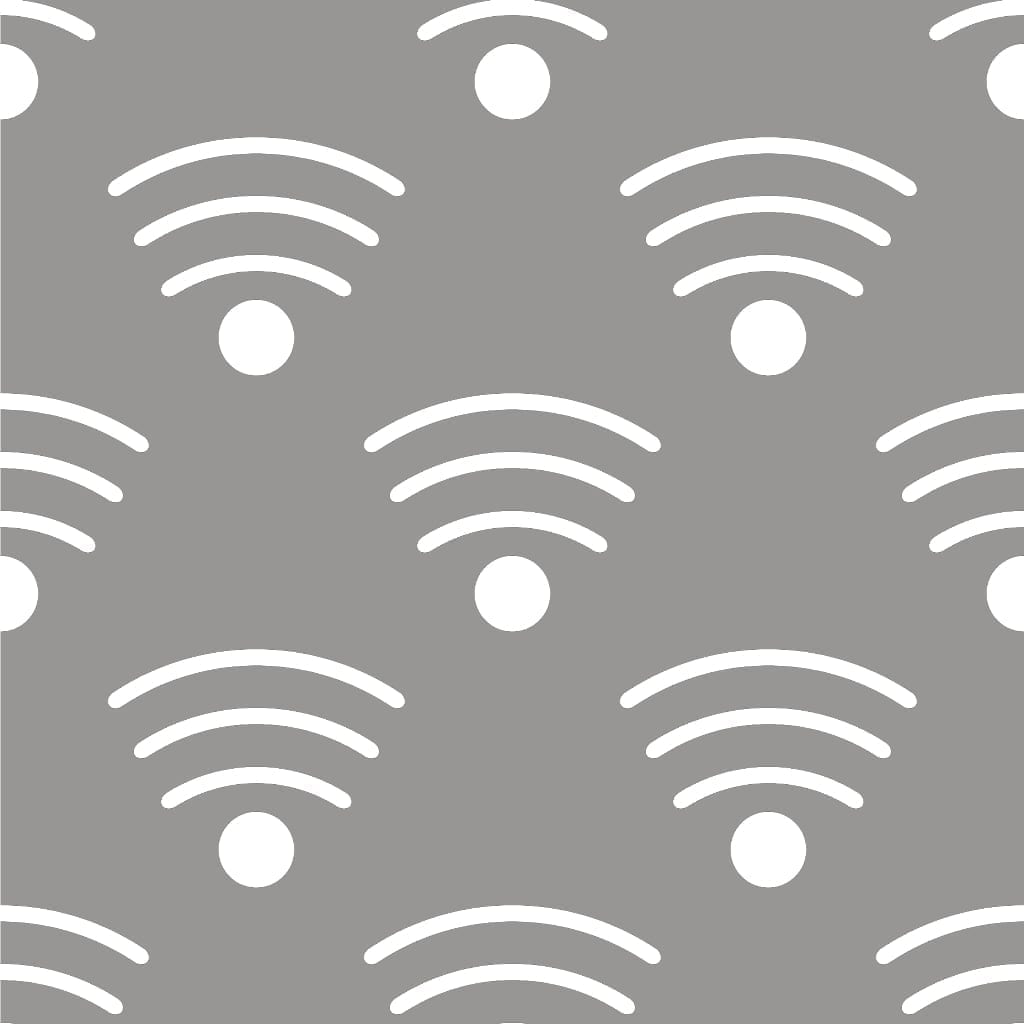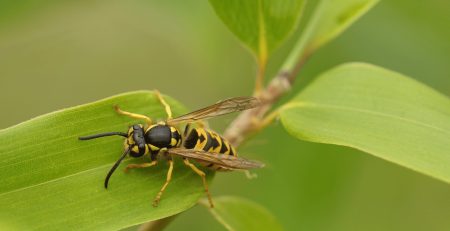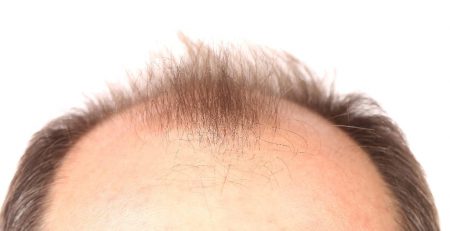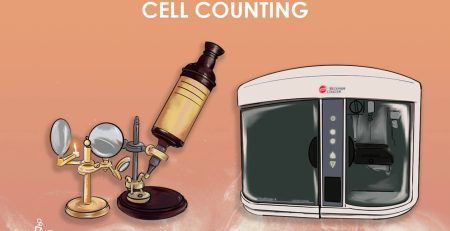Students Develop New Hardware That is More Energy Efficient Than Traditional Wi-Fi
Four University of Washington students have developed a product they’re calling Passive Wi-Fi – a new type of hardware that uses 10,000 times less power than traditional Wi-Fi networking equipment. It works like a traditional router, just much more efficiently, and the reserachers hope this will solve what Wired has dubbed “the eternal struggle of Wi-Fi battery drain.”
Traditional Wi-Fi typically requires two radios to communicate back and forth. Each device has an RF transmitter that creates a radio wave and a baseband chip that encodes that radio wave with data. When there are multiple devices trying to use the same frequency it requires more and more energy to discern one signal from another.
With Passive Wi-Fi, just one device produces a radio frequency, which is relayed to a Wi-Fi enabled device via separate, passive sensors that only have a baseband chip and an antenna and require almost no power. The sensors pick up the signal and mirror it in a way that sends readable Wi-Fi to any Wi-Fi capable device.
While Passive Wi-Fi still requires running one Wi-Fi router (which aren’t especially efficient), the Wired article stresses “the energy savings with Passive Wi-Fi come from the Wi-Fi transmission chipset in devices that communicate via wireless Internet, not the router connected to the initial uplink.”
The article also notes that there’s no clear indication about what this will mean for the life of your device’s battery (“because there are so many components in a device that impact that”) but according to Bruce Kellogg, an electrical engineering graduate student at UW who co-developed Passive Wi-Fi, “using Passive Wi-Fi would improve battery life by about as much as turning your Wi-Fi off would.”
“This type of technology is really meant to reduce the power consumption of the transmitter to enable IoT devices to send small amounts of data back and forth,” Chris Valenta, an engineer at the Georgia Tech Research Institute told Wired.














